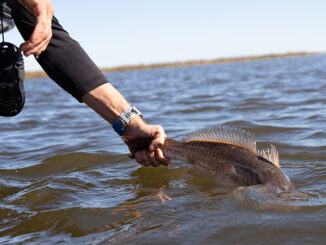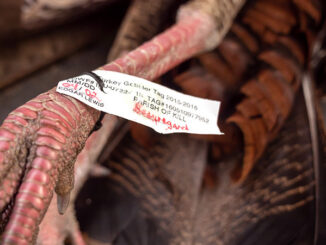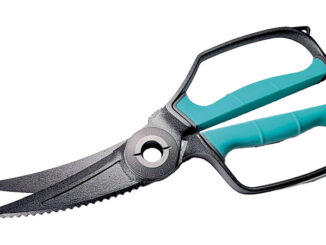
Absolutely – but there’s a catch
Some folks give me a confused look after my reply when they ask if I’ve been saltwater fishing.
I always tell them “No,” and that I’ve been “inshore” fishing — because I know that Louisiana’s inshore fishery is not only vast, but unique. Just as unique are the denizens of the marsh, those fish who have learned to live in both fresh and salty water.
One of those species is the versatile redfish.
Can redfish live without saltwater?
Yep, without a hitch.
This is possible because redfish do not require salt to be present, but rather high levels of calcium and magnesium — the kind we find in “hard water.”
Texas A&M discovered this nearly 30 years ago, and ever since the Longhorn State has been stocking freshwater lakes with redfish.
When you think about it, it’s not an earth-shattering discovery considering where we find Louisiana’s tournament-winning reds: Right next to bluegill and bass in low or zero salinity waters.
You can catch Texas’ freshwater reds in Lakes Calaveras and Braunig in San Antonio, though it’d be odd to drive hundreds of miles to catch what can be caught right here at home.
So don’t take off for Texas just yet.
There’s a catch.
Redfish populations cannot sustain themselves in these lakes, so they must be restocked from time to time.
This is due to their inability to spawn in freshwater. It’s basic knowledge that redfish spawn en masse in the current of salty, deep passes.
These freshwater lakes obviously lack those conditions and, even if redfish tried, their fertilized eggs would sink and be smothered at the bottom of the lake.
So what do you think?
Lakes Braunig and Calaveras run shallow to about 50 feet deep, with a hot water canal on both, not unlike the old one located on the ICW near Bayou Bienvenue.
It’s a different playing field for sure, but do you think a few Louisiana coonasses could give those Texas boys a run for their money? Chime in below.
Editor’s Note: Devin Denman is an avid inshore fisherman who writes the Louisiana Fishing Blog. To read more of his articles, visit lafishblog.com.


